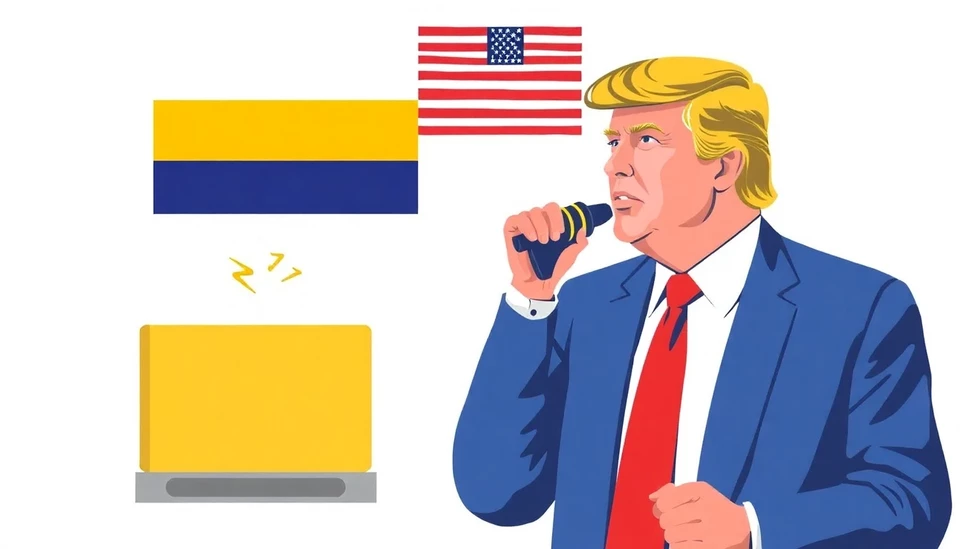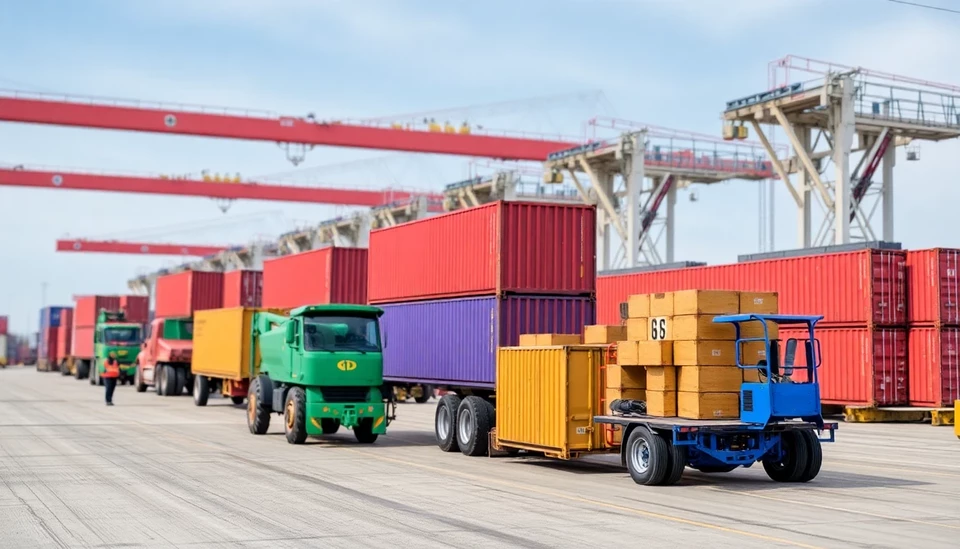
Recent developments in the ongoing legal saga surrounding tariffs introduced during Donald Trump's presidency are sparking significant discussions in supply chain circles. Multiple court challenges are being mounted against the tariffs, which had been imposed on a vast array of goods imported from various countries, particularly China. The implications of these legal proceedings could reshape the landscape of international trade in the United States and affect the operations of many businesses that depend on these supply routes.
As the Biden administration navigates these complex legal waters, there is a growing concern among U.S. importers regarding the tariffs' ramifications. Initially set forth to protect American industries from foreign competition, many businesses argue that these tariffs have inflated costs and disrupted supply chains, leading to higher prices for consumers. The legal challenges are primarily focused on questioning the legitimacy of the tariffs, citing a lack of proper justification and due process in their implementation.
Legal experts indicate that a ruling in favor of importers could not only nullify the Trump-era tariffs but also set a precedent that could influence future trade policies. Businesses and trade organizations are closely monitoring these court cases, recognizing that a shift in tariff policy may provide much-needed relief from the financial strain they have endured since the tariffs were enacted. Additionally, a favorable outcome could re-establish competitive pricing for goods, allowing for a gradual return to pre-tariff economic norms.
In the broader context of national economic recovery and growth, the outcome of these court challenges could have far-reaching effects not just for importers but also for consumers who face elevated prices across the board. With inflation concerns continuing to be at the forefront of economic discussions, the judiciary's response to these challenges may hold the key to either maintaining or dismantling the existing tariff regime.
As the legal proceedings unfold, stakeholders from various sectors are urging the courts to consider the broader economic impact while rendering their decisions. The tension between protecting domestic industries and ensuring fair competition in the global market remains a critical point of contention, underscoring the complex dynamics at play.
While the legal battles are expected to take time, their outcomes will likely resonate throughout the American economy, influencing business strategies and consumer behavior in both the short and long term. Many experts suggest that businesses should prepare for various scenarios as they await the court's verdicts, ensuring they are equipped to adapt to the ongoing changes in the trade landscape.
In conclusion, the court challenges to the Trump tariffs represent a pivotal moment in U.S. trade policy that could redefine supply chain dynamics. The stakes are high, and as these legal battles rage on, all eyes will be focused on the judiciary's interpretation and eventual decisions regarding these tariffs.
#Tariffs #SupplyChain #TradePolicy #TrumpTariffs #LegalChallenges #BidenAdministration #Importers #EconomicImpact #Inflation #ConsumerPrices
Author: Rachel Greene




